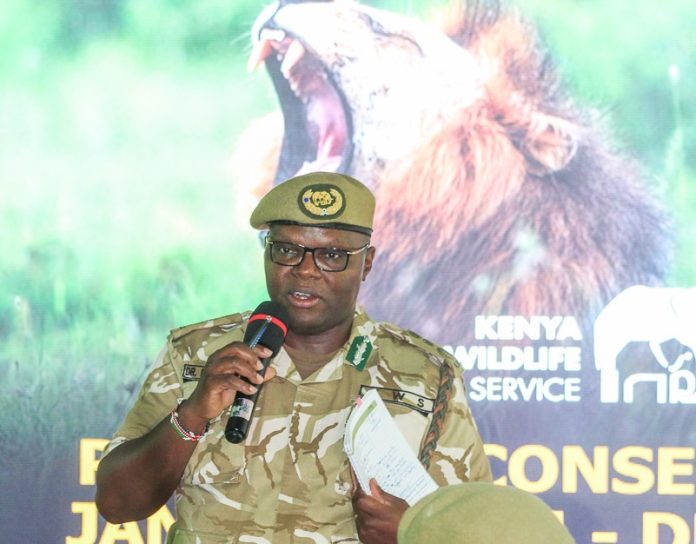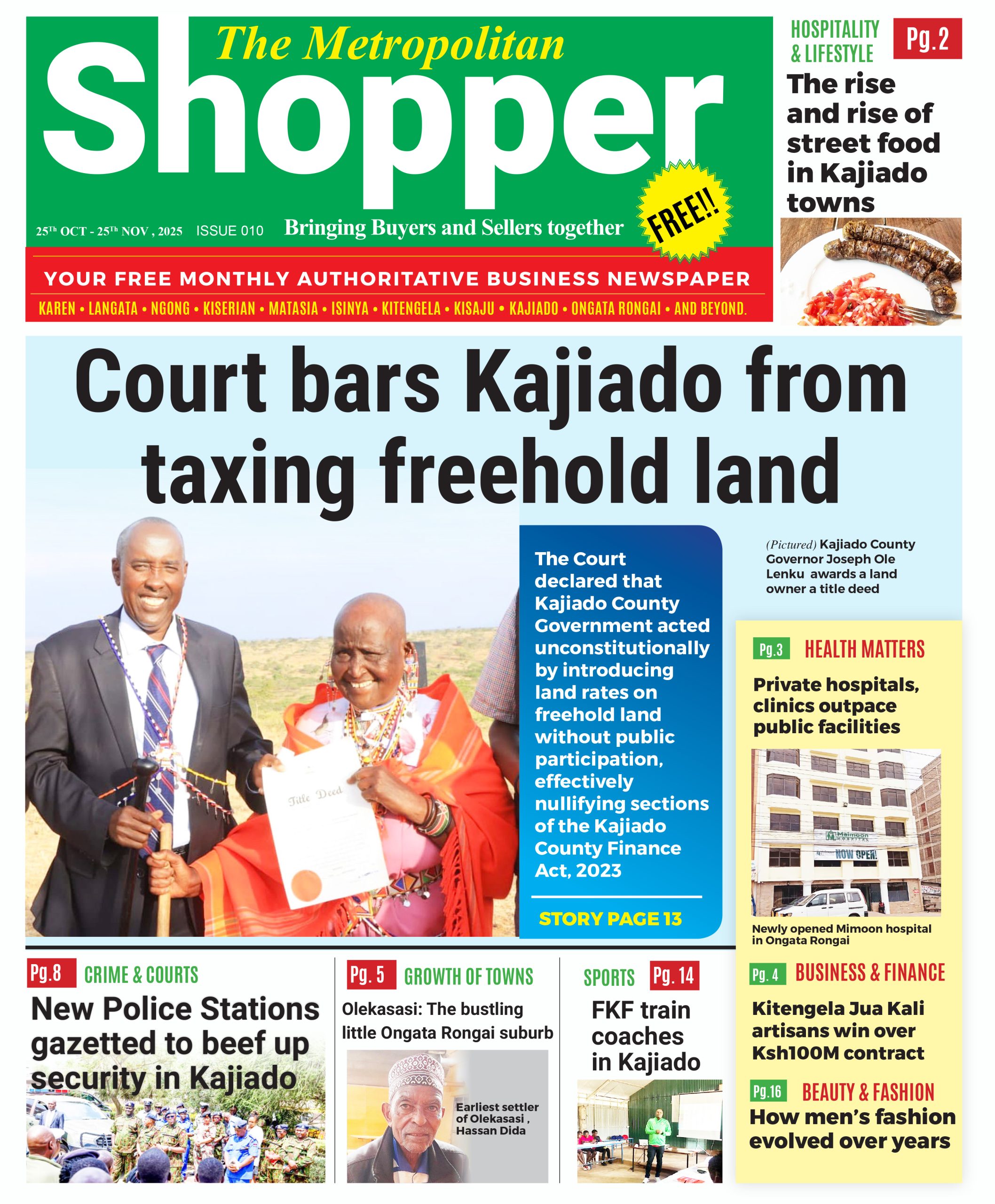The Kenya Wildlife Service (KWS) on Monday held a public sensitization forum with residents living near Amboseli National Park, addressing growing tensions over human-wildlife conflict and long-delayed compensation claims.
The meeting brought together community members from various localities, including Lenkisim, who shared firsthand accounts of livestock losses, crop destruction, and the emotional toll of living alongside roaming wildlife.
Among the residents was Oloilakei, who recounted how lions had attacked and killed his cattle, leaving him with no recourse and no compensation. His story echoed many others in the crowd, with locals expressing frustration over claims dating back as far as 2018 that remain unpaid.
Residents from Lenkisim also raised concerns about elephants trampling their crops and destroying trees they had planted to provide shade and shelter for their families. The destruction, they said, not only affects food security but undermines efforts to restore vegetation in the semi-arid region.
ALSO READ:
Mashuuru launches tree planting and clean-up drive under national schools campaign
Speaking during the event, Paul Wambi, Senior Officer of KWS Amboseli, acknowledged the backlog in compensation and urged residents to remain patient as reforms are underway. He emphasized the importance of peaceful coexistence with wildlife, noting that Amboseli’s biodiversity is a national asset that must be protected through community collaboration. Wambi also encouraged residents to report incidents promptly and follow the correct procedures to ensure their claims are processed efficiently.
Community members proposed several mitigation measures, including the installation of solar-powered lights to deter predators at night, the construction of boreholes and water pans for wildlife placed away from homesteads, and the deployment of agricultural officers to assess damage quickly and fairly.
They also called for more transparency in the compensation process, warning that continued delays could lead to retaliatory attacks on wildlife and deepen mistrust between locals and conservation authorities.
Residents urged KWS to match its promises with action, reminding officials that conservation must go hand-in-hand with justice and accountability. The forum marked a critical step in rebuilding dialogue, but for many in Kajiado South, the real test will be whether their losses are finally acknowledged and compensated.
By Masaki Enock




